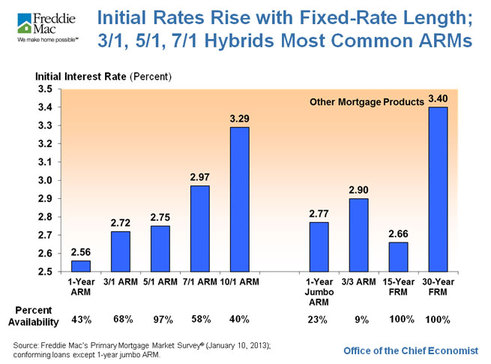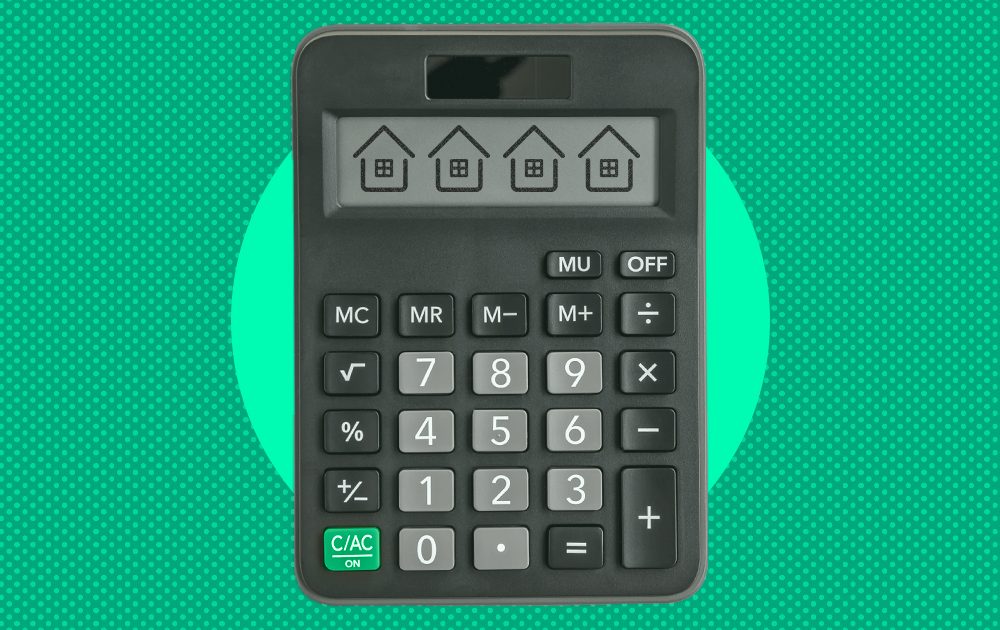
Calculating your debt-to–income ratio (DTI), can help you determine your eligibility for a loan. It's also a great way to learn about debt consolidation or other debt relief options before you apply for any loan. The DTI Calculator works by comparing your monthly income with your debt.
Calculate your debt-to-income ratio
It is a useful tool to evaluate your financial health. It allows you to assess your financial health and determine if you have the cash you need to pay off your debts. The ratio is calculated simply by multiplying your monthly payments and your gross income. It is important to note that DTI does not include expenses like food and utilities.
Before you calculate your debt to income ratio, it is important that you make a list with all your monthly debt obligations. Include minimum credit card, rent/mortgage, student loan payments, minimum payments on credit cards, and minimum credit card payment amounts. Once you have made a list of all your monthly debt obligations, divide that total by your gross income. You will get a 47% ratio if your total debts to income is $150,000 for a homeowner and $2600 for a car loan.
Learn more about debt consolidation
A debt consolidation loan can be a great tool to consolidate debt. This will allow you to make smaller monthly payment and spread the repayment time. You will also be able to reduce the stress associated with meeting your monthly deadlines. But before you apply for a loan, you need to lower your debt level. This can be done by applying for a consolidation loan to lower your debt and pay off your creditors.

A debt consolidation calculator will allow you to determine how much you'll pay each month, and how much you need to borrow to consolidate debt. This tool can help you find a plan that works best for you. It is a good idea to start by creating a list of all your debts. This includes credit cards, auto loans and home equity loans.
Find out if your credit score is sufficient to get a mortgage
It is essential to calculate your debt/income ratio (DTI), if you are considering getting a mortgage. DTI equals your monthly debt payments divided by the total income. This ratio is used by lenders to calculate your borrowing power. A low DTI indicates that you are more likely than others to repay the loan. A high DTI could mean that you aren’t a suitable candidate for a mortgage loan.
Different loan programs have different DTI limits. Most lenders consider a DTI rate of 36% to be acceptable for a loan mortgage. Some lenders will approve borrowers with higher DTIs, but they may be more flexible.
Be aware of other debt relief options prior to applying for a loan
There are other options if you don't want to take out a loan in order to pay off your debts. You may be eligible for debt relief programs, which allow you to reduce your payments and get your creditors to accept less than you owe. These programs won't work for everyone but can improve your financial position. To be eligible, your debt must have had a significant impact on your life.
One option is to contact your creditors and ask them to work with you to find a solution. Some creditors have proprietary programs that may allow you to get a lower interest rate or even reduce the amount of money you owe. You can also try to negotiate with your creditors for a longer payment period. This could lead to credit damage.

Find out if you're able to afford a home with an higher dti.
Lenders look at your debt-to-income ratio (DTI) to determine if you can afford a mortgage. A low DTI is generally indicative of less debt relative the monthly income. That means you'll have more money for other things. A high DTI will make it less likely that lenders approve you. There are several ways to reduce your DTI.
Your existing debt must be paid off in order to reduce your DTI. Lenders won't count installment debts in your DTI if they are paid off or only have a few months left to pay. It's also wise to avoid making large purchases on credit cards while you're considering a new home.
FAQ
What are the advantages of a fixed rate mortgage?
Fixed-rate mortgages lock you in to the same interest rate for the entire term of your loan. You won't need to worry about rising interest rates. Fixed-rate loans also come with lower payments because they're locked in for a set term.
Should I use a mortgage broker?
If you are looking for a competitive rate, consider using a mortgage broker. Brokers are able to work with multiple lenders and help you negotiate the best rate. Some brokers do take a commission from lenders. Before signing up, you should verify all fees associated with the broker.
How much will my home cost?
It depends on many factors such as the condition of the home and how long it has been on the marketplace. According to Zillow.com, the average home selling price in the US is $203,000 This
Is it possible for a house to be sold quickly?
It might be possible to sell your house quickly, if your goal is to move out within the next few month. But there are some important things you need to know before selling your house. You must first find a buyer to negotiate a contract. Second, prepare your property for sale. Third, your property must be advertised. Lastly, you must accept any offers you receive.
How much will it cost to replace windows
Replacement windows can cost anywhere from $1,500 to $3,000. The total cost of replacing all of your windows will depend on the exact size, style, and brand of windows you choose.
Statistics
- Private mortgage insurance may be required for conventional loans when the borrower puts less than 20% down.4 FHA loans are mortgage loans issued by private lenders and backed by the federal government. (investopedia.com)
- This means that all of your housing-related expenses each month do not exceed 43% of your monthly income. (fortunebuilders.com)
- 10 years ago, homeownership was nearly 70%. (fortunebuilders.com)
- This seems to be a more popular trend as the U.S. Census Bureau reports the homeownership rate was around 65% last year. (fortunebuilders.com)
- Based on your credit scores and other financial details, your lender offers you a 3.5% interest rate on loan. (investopedia.com)
External Links
How To
How to find an apartment?
Moving to a new place is only the beginning. This requires planning and research. This involves researching neighborhoods, looking at reviews and calling people. While there are many options, some methods are easier than others. Before renting an apartment, you should consider the following steps.
-
Online and offline data are both required for researching neighborhoods. Online resources include Yelp and Zillow as well as Trulia and Realtor.com. Local newspapers, landlords or friends of neighbors are some other offline sources.
-
Review the area where you would like to live. Yelp. TripAdvisor. Amazon.com have detailed reviews about houses and apartments. You can also find local newspapers and visit your local library.
-
For more information, make phone calls and speak with people who have lived in the area. Ask them what they loved and disliked about the area. Ask for their recommendations for places to live.
-
Check out the rent prices for the areas that interest you. Renting somewhere less expensive is a good option if you expect to spend most of your money eating out. However, if you intend to spend a lot of money on entertainment then it might be worth considering living in a more costly location.
-
Find out about the apartment complex you'd like to move in. What size is it? How much does it cost? Is it pet friendly What amenities are there? Can you park near it or do you need to have parking? Do you have any special rules applicable to tenants?